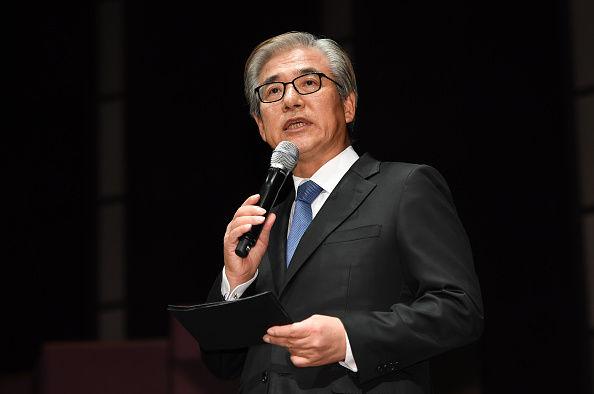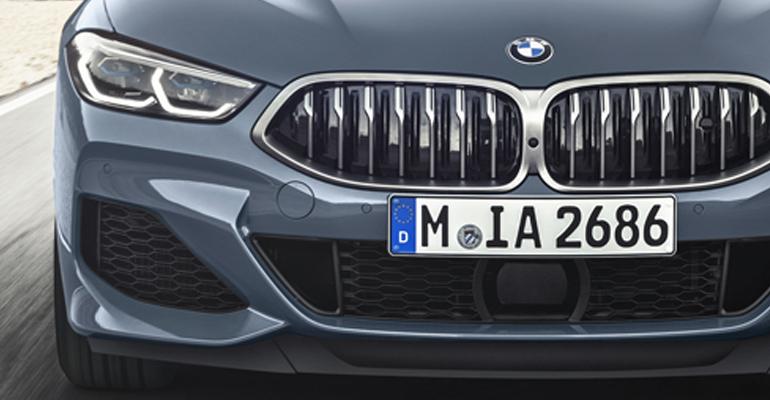The spate of engine fires plaguing BMW Korea could not have occurred in a more consumer-reactionary market.
Two law firms quickly went into action preparing legal suits against BMW Korea and even against BMW executives in Germany over the 41 engine fires reported since Jan. 1.
Seoul police and the government’s Transportation Safety Authority are conducting separate investigations to see if there has been any coverup. The authority is skeptical of BMW’s claim that faulty exhaust-gas-recirculation hardware caused the fires.
Opposition lawmakers in the National Assembly scolded the Korean government for its sluggish response to the problem and alleged BMW Korea is trying to cover up a serious consumer-safety issue.
The fires prompted major newspapers to publish articles and editorials asking the government to enact punitive-damages laws to punish companies beyond having to pay only for actual damages suffered by consumers.
They suspect engine software may have been manipulated in tests to produce emission levels meeting Korea’s high standards but exceed the standard in actual usage, leading to rapid EGR sludge buildup that is the basis for the fires.
The engine fire problem came to full light July 27, when BMW Korea announced it would recall 106,317 vehicles involving 42 models beginning Aug. 20 because of possible EGR system defects. On the same day it advised all owners of those vehicles to have them inspected at BMW service outlets.
Amid public outcry, BMW Korea’s newly appointed chairman, Kim Hyo-jun (pictured at bottom of story), held a news conference Aug. 6 at which he apologized to the Korean people for the fire situation.
At the same conference, Johann Ebenbichler, BMW Group vice president in charge of vehicle quality, insisted the engine fires were caused by faulty EGR hardware and not by engine-control software. But Ebenbichler also indicated BMW had been investigating the engine fires since 2016. This implied BMW had known about the fire-hazard potential for more than two years but had failed to warn the public until July 27.
It infuriated the public, whose outrage continued when a BMW spokesman said Korean driving habits and congested road conditions also contributed to the 41 reported engine fires.
It was not a wild allegation. Many owners have their vehicles serviced by curbside mechanics instead of authorized dealerships, and many Korean roads are nearly gridlocked during heavy commute hours, causing driving conditions that tend to overheat vehicles’ EGR systems.
The transportation ministry on Aug. 15 banned all BMW owners who had not complied with the automaker’s emergency-inspection call from driving their vehicles. It was the first such ban undertaken in Korea.
One problem with the recall that quickly came to light is that the urgently needed replacement parts must come from BMW in Germany and currently demand greatly exceeds supply.
BMW also has a Europe-wide EGR component recall under way for several models, and replacement parts are needed there as well.
One of the two major Korean law firms handling consumer lawsuits against the automaker is Barun Law, which is handling some 40 separate lawsuits filed by BMW owners. Barun Law represented thousands of consumers in lawsuits against Volkswagen Korea in 2016 and 2017 when VW was found to have rigged emissions-control software.
Another law firm, Heon Law, has found a way to in effect file a de facto class-action lawsuit that otherwise is impermissible under Korean law. They are filing a single lawsuit in the name of an association formed by more than 1,500 BMW owners. Each owner pays a fee to join in the suit, and Heon files it for them collectively.
Ironically, the parts involved may have been manufactured by Korens, a Korean supplier of exhaust-gas modules and related products to BMW in Germany.
The automaker will not confirm Korens products are involved, but local critics say the EGR modules are produced in Korea, installed in BMWs in Germany, then returned to Korea in the imported vehicles.
Some critics say the same Korens EGR products are used in BMW vehicles in all markets; the fact that the engine fires are concentrated in Korea suggests engine-control software in BMWs in the country is calibrated differently than elsewhere, and the EGR hardware is not at fault.
BMW denies such allegations, but the government has given the automaker until the end of the month to put the denials in writing and produce documented evidence that the faulty EGR components alone have caused the fires.






